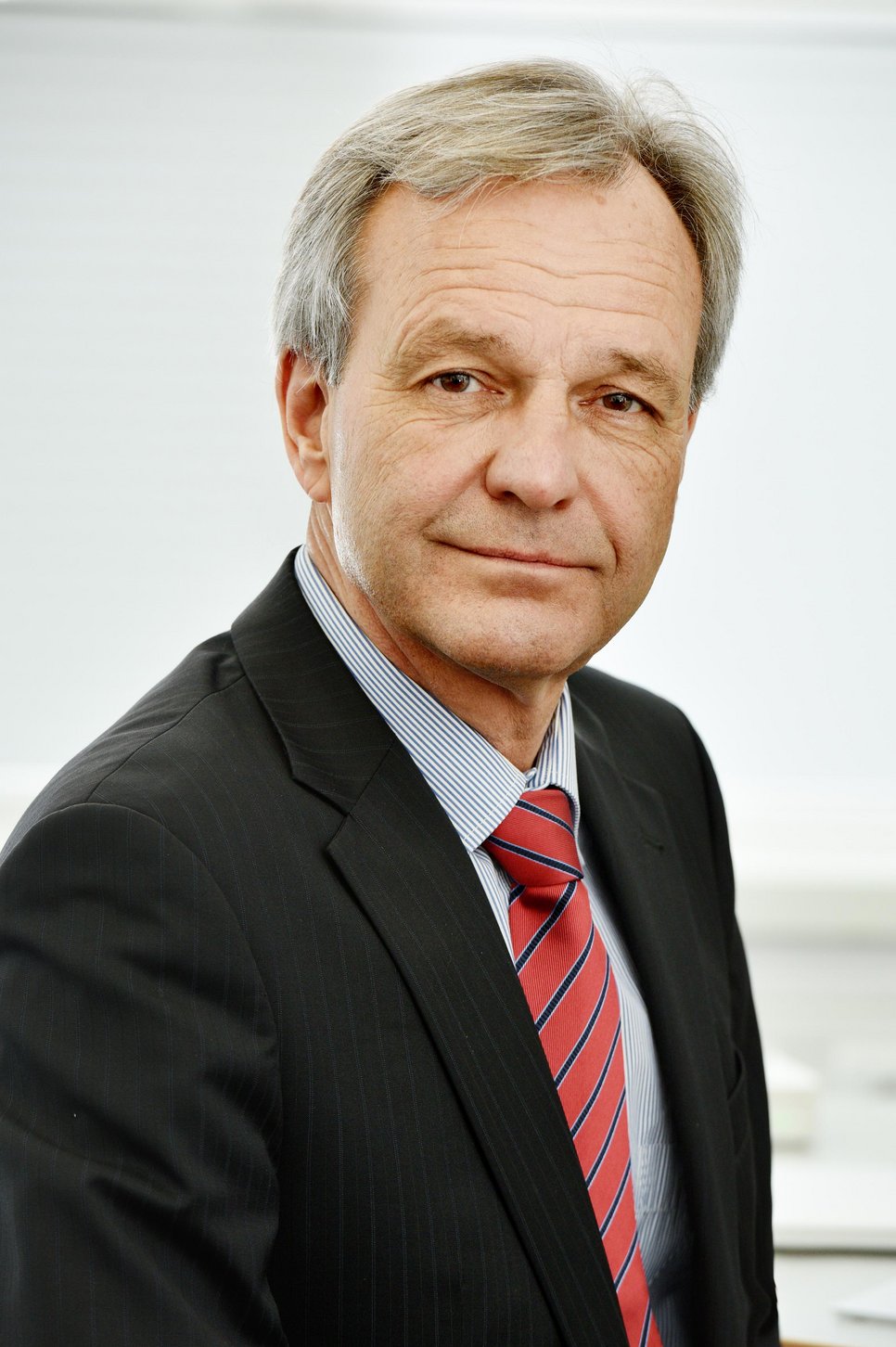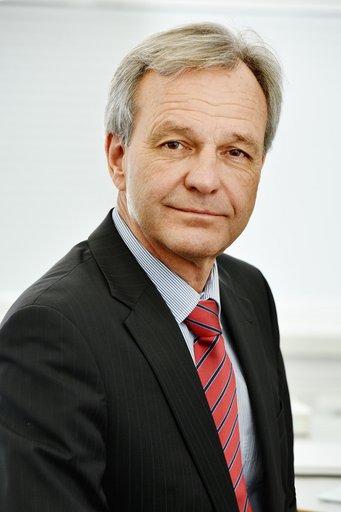Prof. Karsten Danzmann appointed as a member to the Academy of Sciences and Humanities in Hamburg
For his leading role at the international level in the area of gravitational wave research, Prof. Karsten Danzmann has been named as a Member of the Academy of Sciences and Humanities in Hamburg.
For his leading role at the international level in the area of gravitational wave research, Prof. Karsten Danzmann, Director at the Max Planck Institute for Gravitational Physics and head of the Institute for Gravitational Physics Leibniz Universität Hannover, has been named as a Member of the Academy of Sciences and Humanities in Hamburg. He will be joining the “New Challenges in Cosmology” working group in the North German science organization. This evening, the Hamburg-based Academy will officially welcome its new research team.
“Membership in the Academy of Sciences and Humanities in Hamburg is a great honour for me. Most importantly, however, it accords great importance to gravitational wave research as a future-oriented subfield of astronomy and cosmology,” according to Prof. Karsten Danzmann. “Thanks to highly advanced technologies, the measuring methods of the terrestrial GEO600 gravitational wave detector (German-British), LIGO (American) and Virgo (Italian-French) are being dramatically refined, so that a direct detection of gravitational waves is fast becoming a reality. An important milestone, especially with regard to cosmological issues, will be the LISA space mission, which is planned for the next decade,” says the top scientist.

Prof. Karsten Danzmann has been working in the area of gravitational wave research since 1990, initially as project head of the “Gravitational Waves” Working Group at the Max Planck Institute of Quantum Optics in Garching (1990-1993). In 1993 Danzmann accepted an appointment to the Universität Hannover where he headed the Institute for Atomic and Molecular Physics. In addition, from 1994 to 2001 he was head of the branch of the Max Planck Institute of Quantum Optics. Since 2002 he has been Director at the Max Planck Institute for Gravitational Physics (Albert Einstein Institute; Sub-institute Hannover) and head of the Institute for Gravitational Physics Leibniz Universität Hannover. Prof. Karsten Danzmann was honoured with the Max Planck Research Award in 1991. He has been a member of the Akademie der Wissenschaften und der Literatur in Mainz since 2007 and, since 2009, a fellow of the American Physical Society.
Professor Danzmann initiated the construction of the German-British GEO600 gravitational wave detector in Ruthe near Hannover and is supervising its further development. The technologies developed specifically for the GEO600 gravitational wave detector are globally unique and are also used in the American LIGO detectors and the Italian-French Virgo detector. The GEO600 project is also a part of an international scientific collaboration together with the LIGO and Virgo gravitational wave detectors. The data of all the detectors is evaluated in Hannover.
Prof. Karsten Danzmann is responsible for the European side of the LISA (Laser Interferometer Space Antenna) space mission, which is being planned by ESA and NASA. The LISA project, which will most like be launched in 2020, is intended to measure space-based gravitational waves at low frequencies (0.1mHz-10Hz), which are inaccessible for earthbound detectors.
The Academy of Sciences and Humanities in Hamburg
Members of the Academy of Sciences and Humanities in Hamburg are outstanding scientists from Northern Germany who have distinguished themselves through scientific excellence, internationality and an interdisciplinary approach. The Members plan and implement the scientific projects of the Academy. They are appointed for a maximum period of ten years by the assembly of members. Decisive for the appointment is the technical character of the scientific work, and in particular the scientific plans of the Academy. The number of members is limited to 80.
